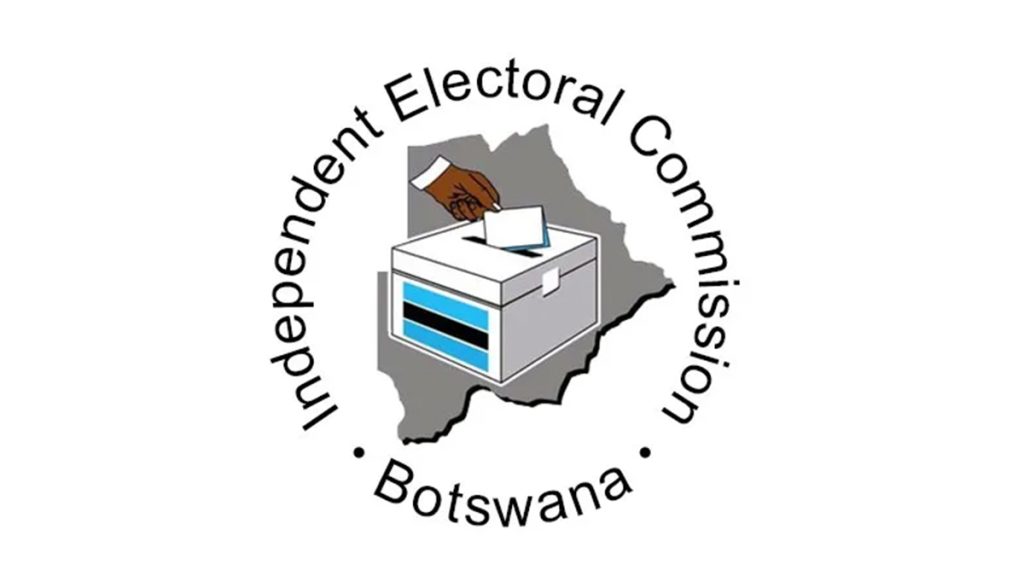Botswana election management body -the Independent Electoral Commission (IEC) has remained unmoved over the decision not to avail the voters roll for the upcoming 2024 general election to journalists and media organisations. The secrecy over the voters roll has attracted more questions than answers among experts who fear that there could be something amiss over the election body move not to avail voters roll to media as an important stakeholder in the election process. Media organizations and journalists have become the latest victim of election body secrecy over voters roll that political parties questioned lately following the IEC move not to avail the voters roll electronically as it has been a norm.
IEC is not unmoved as the election body argues that they will not avail the voters roll to the media in the absence of statute that supports availing of voters roll to media.
Media experts have lambasted the secrecy of IEC arguing that the IEC in its form should be transparent in the election process.
University of Botswana Law Professor, Tachilisa Balule posit that there is a serious problem when an institution that is bestowed with running of election refuse to share critical information such as the voters roll with the media. “What is there to hide if the media want to play their role of overseeing free and fair election,”quips Prof Balule, questioning the IEC refusal to accede to availing the roll to the media if they want to be seen to be transparent.
“This tells me that there is something amiss. We know the role of the media and why not share with them even when there is no legal provision, “added Balule, describing the decision in a democratic set-up as nonsensical. Prof Balule said that there is no doubt that the role of the media is to facilitate information. He said that the election body stance is not only interfering on the rights of media to report on election but also interferes with the right to access information. His comments come after IEC vowed that they will not avail the voters roll to the media and journalists in absence of law that explicitly provides for the same. “No legal provision speaks to that unfortunately. Every electoral process is guided by legal provisions which have to be followed to the letter, “said IEC Spokesperson Osupile Maroba .
Maroba stated when responding to The Patriot question on whether there was a need to share the document with important stakeholders such as the media. He said anyone who wish to have access to the voters roll should foot a bill to access it.
A media expert, Thapelo Ndlovu is of the view that IEC is being unnecessarily rigid for their refusal to avail the voters roll to the media. “If they believe in transparency, they would not hide behind a gap in legal provision to open their processes,” said Ndlovu.
He argues that refusing to give journalists free access they are indeed stifling access to information as the public relies on journalists to relay such. He further noted that as an institute that is supposed to protect democracy and freedoms, one would expect them to take seriously issues of transparency, which would improve the integrity of the elections and the institution itself.
“If the law is silent on the issue, why does the IEC choose the negative aspect and not the other way round,” quiped Ndlovu, adding that the absence of Freedom of Information Law (FoI) could be exacerbating journalists struggle to freedom of information access.
“It does play a part but in my view this is more of an attitudinal problem. Although a deterrent, the law will only be helpful post refusal, which will then take some efforts for the journalist to seek redress. So if an institutional attitude is hostile, a law won’t be that helpful,” added Ndlovu, emphasizing the need for education,training and change of mindset which could most likely to bring better results.
Meanwhile, Botswana Editors Forum Chairman, Emang Mutapati posits that IEC stance on the absence of legal provision in availing the voters roll to the media and journalists has far much reaching consequence’s on the right to know. “We are aware that the provision related to the right to freedom of expression in Botswana’s constitution only offers a limited or restricted right to access state-held information. We also do not have Access to Information act,” she said.
Mutapati said that the media is really hamstrung to report on election effectively and with depth. “When the media is constrained and encumbered to provide effective reporting on elections, it is the democratic values like the right to know that suffer. Limited access to information by the media during elections leads to limited transparency on the electoral process which would in turn make it difficult for the public to make informed decisions and to participate in the discourse surrounding the election,” added mutapati
She maintains that limited access can also lead to difficulty in the media performing its fundamental role of holding candidates and political parties accountable.
Emang fears that the current situation can lead to an increase in the spread of misinformation and disinformation which could impact on the overall integrity of a media expected to function in an impartial and fair manner. “But after all is said and done , even with the financial struggles faced by all media houses I would still urge newsrooms to prioritize the purchase of the roll in order to equip its journalists for election reporting, added Emang.
